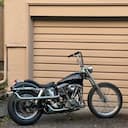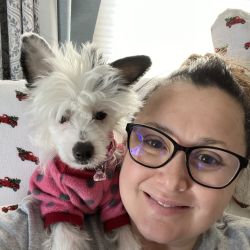Origins and Temperament
Bred in the vast expanses of Australia, the Australian Cattle Dog is a resilient and robust breed renowned for its herding prowess. This breed possesses a natural instinct to herd, accompanied by a sharp intellect and a protective nature. Known for their loyalty and wariness of strangers, they require thoughtful handling during travel to accommodate their potential unease with new faces and environments.
Size and Physical Needs
Typically weighing between 35 to 50 pounds, Australian Cattle Dogs are compact and muscular. Their boundless energy necessitates ample exercise, which must be taken into consideration during transportation. Special accommodations should include a secure space to stretch and release pent-up energy to ensure a comfortable and stress-free journey.
Common Health Considerations
The breed is prone to certain genetic conditions, such as hip dysplasia and progressive retinal atrophy. It's crucial to carry health documentation, including vaccination proof, to tackle any emergencies during transit. Ensure preventive measures, like familiarizing them with the transport environment ahead of time, to mitigate any travel-related risks.
















